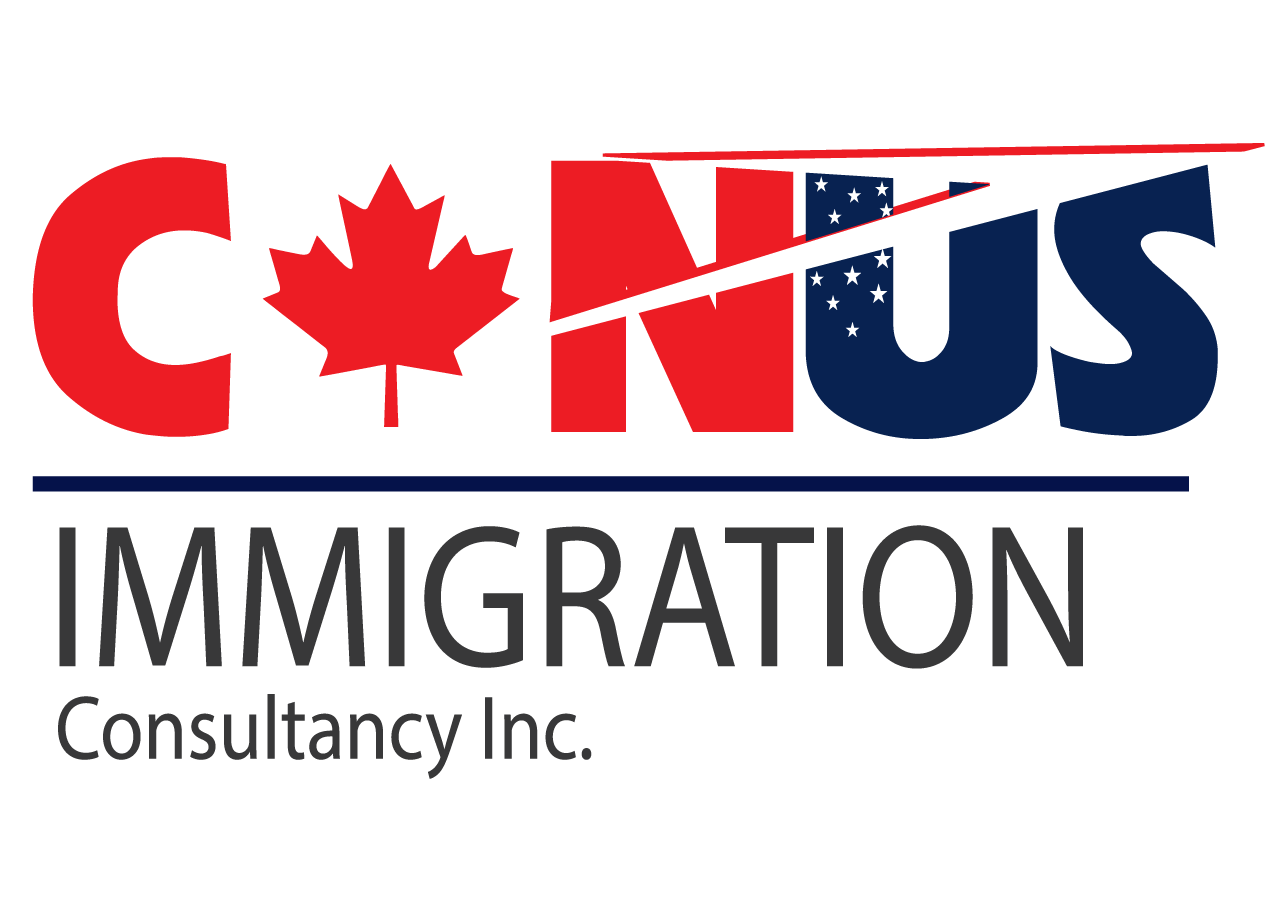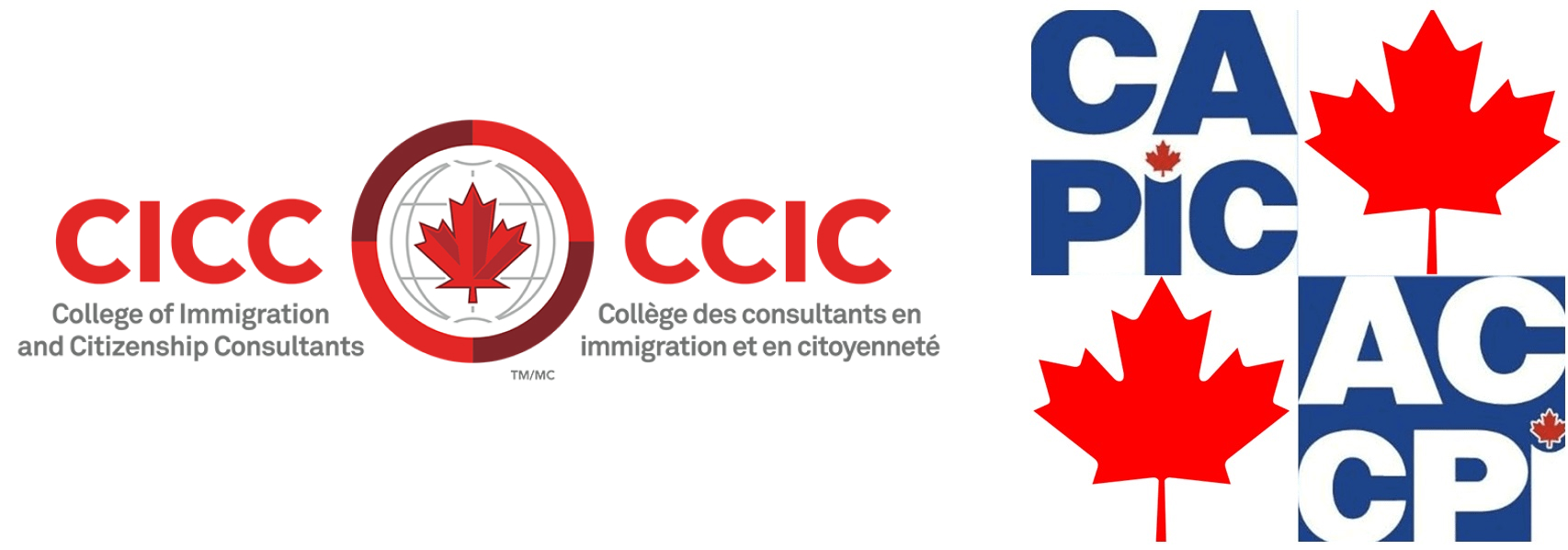Brazil, Colombia, and Peru are among 7 new countries that are now included in Canada’s fast-track program for international students.
Source: CIC News
Canada has expanded its fast-track program for international students to 7 new countries.
This was announced today by Immigration, Refugees and Citizenship Canada.
The countries are:
- Brazil
- Colombia
- Peru
- Antigua and Barbuda
- Costa Rica
- Trinidad and Tobago
- Saint Vincent and the Grenadines
The Student Direct Stream (SDS) offers expedited study permit processing to those looking to study at a Canadian designated learning institution (DLI).
Potential international students to Canada first need to receive a Letter of Acceptance (LOA) from a DLI.
DLIs are universities, colleges, and other post-secondary educational institutions in Canada that are authorized by the government to welcome international students. Once a candidate receives an LOA, they then need to submit a study permit application to the department of Immigration, Refugees and Citizenship Canada (IRCC). The purpose of the study permit is to authorize an individual to move to Canada to pursue their education.
Study permit processing varies by each country but it can take several months. The benefit of the SDS is that eligible participants can get their study permit application processed by IRCC within 20 calendar days on average.
IRCC launched the SDS in 2018 to students from India, China, the Philippines, and Vietnam. It expanded the program in 2019 to include Pakistan, Senegal, and Morocco.
Those from the above 14 countries wishing to apply for a study permit under the SDS need to meet the following criteria:
- Language Test: They must have obtained a score of at least 6.0 on the IELTS (either IELTS Academic or IELTS General Training) on each skill: Reading, Writing, Listening, and Speaking. Francophone candidates need to obtain a Canadian Language Benchmark (CLB) equivalent of 7 in each skill on the Test d’Evaluation de Français
- Proof of a Guaranteed Investment Certificate of at least $10,000 CAD: This needs to be from an eligible Canadian financial institution
- Proof of full payment of tuition for the candidate’s first year
- Letter of Acceptance from a Canadian designated learning institution
- Most recent educational transcript
- Proof of upfront medical exam: This requirement is for applicants who have lived or traveled for 6 months in designated countries or territories and/or their field of study requires an upfront medical exam
Prior to the coronavirus pandemic, Canada hosted a record 642,000 international students in 2019. Among the top 15 source countries, India, China, Vietnam, Brazil, Colombia, and Morocco are SDS participants.
Among today’s additions to the SDS, Brazil, Colombia, and Peru are likely to have the most significant impact on international student enrollment in Canada. Canada’s population of Brazilian students has increased nearly ten-fold over the last two decades while the Colombian student population has nearly quadrupled. Peru’s student population has increased five-fold since 2000. IRCC notes that nearly 16,000 study permits were issued to residents of the 7 new SDS countries in 2019, of which about 10,000 went to those in Brazil and some 4,400 to students from Colombia.
For international students, the SDS is beneficial in that it offers greater certainty their study permit application will be approved, and in a timely fashion. For IRCC and DLIs, the SDS is beneficial in that it provides greater certainty candidates are genuinely interested in pursuing education in Canada, and not using education as a loophole to enter Canada for alternative purposes (e.g., to enter the Canadian labour market).

